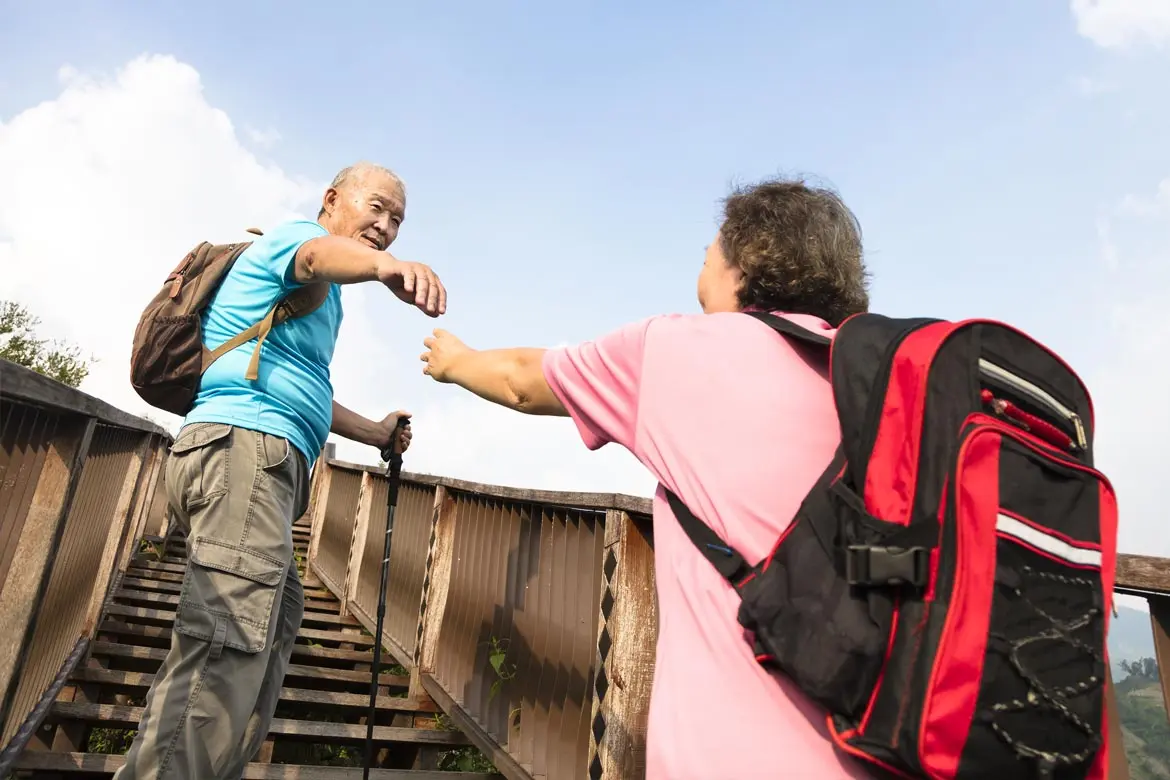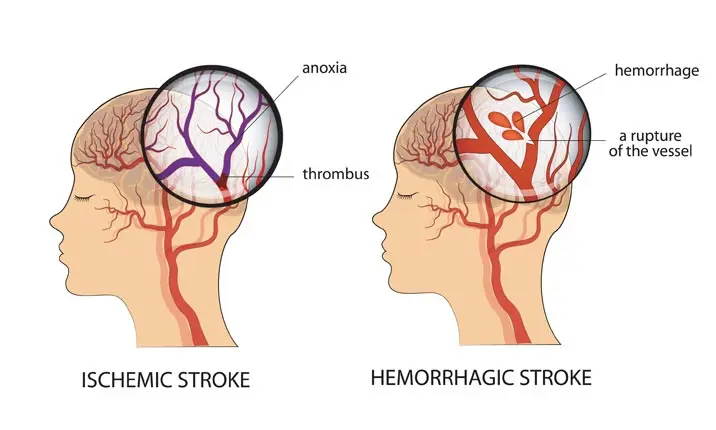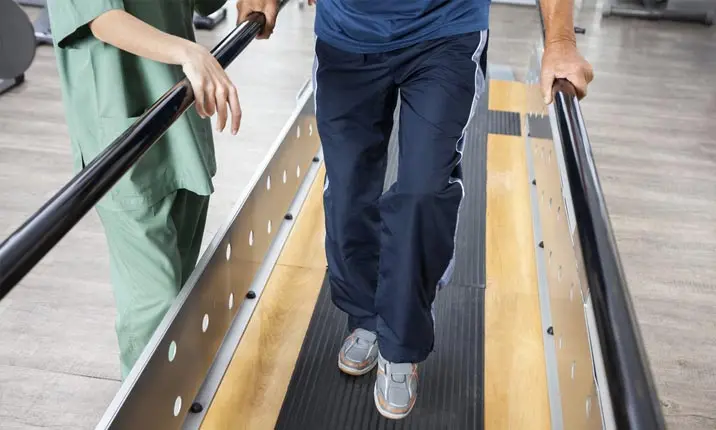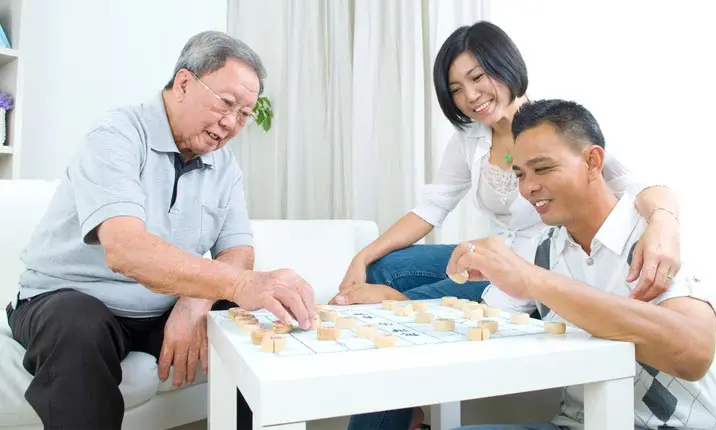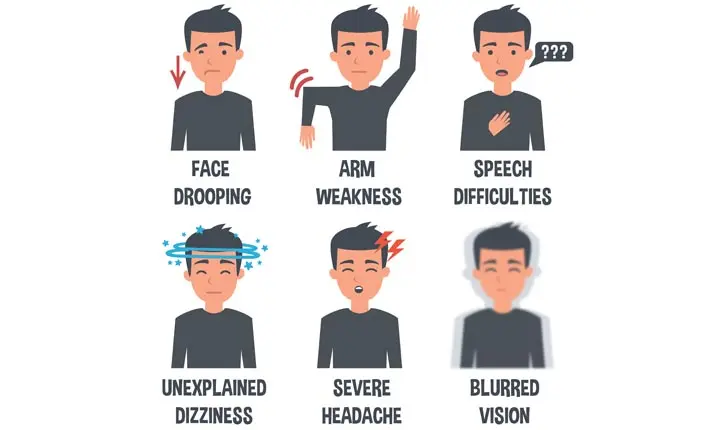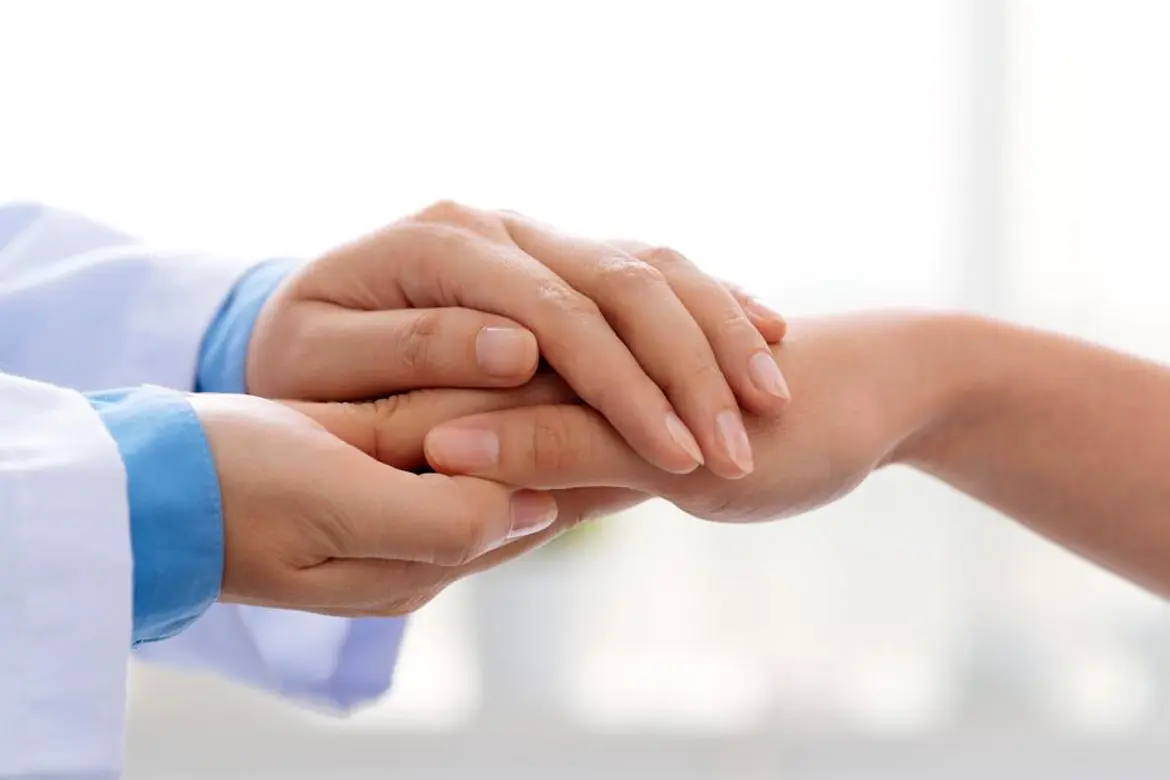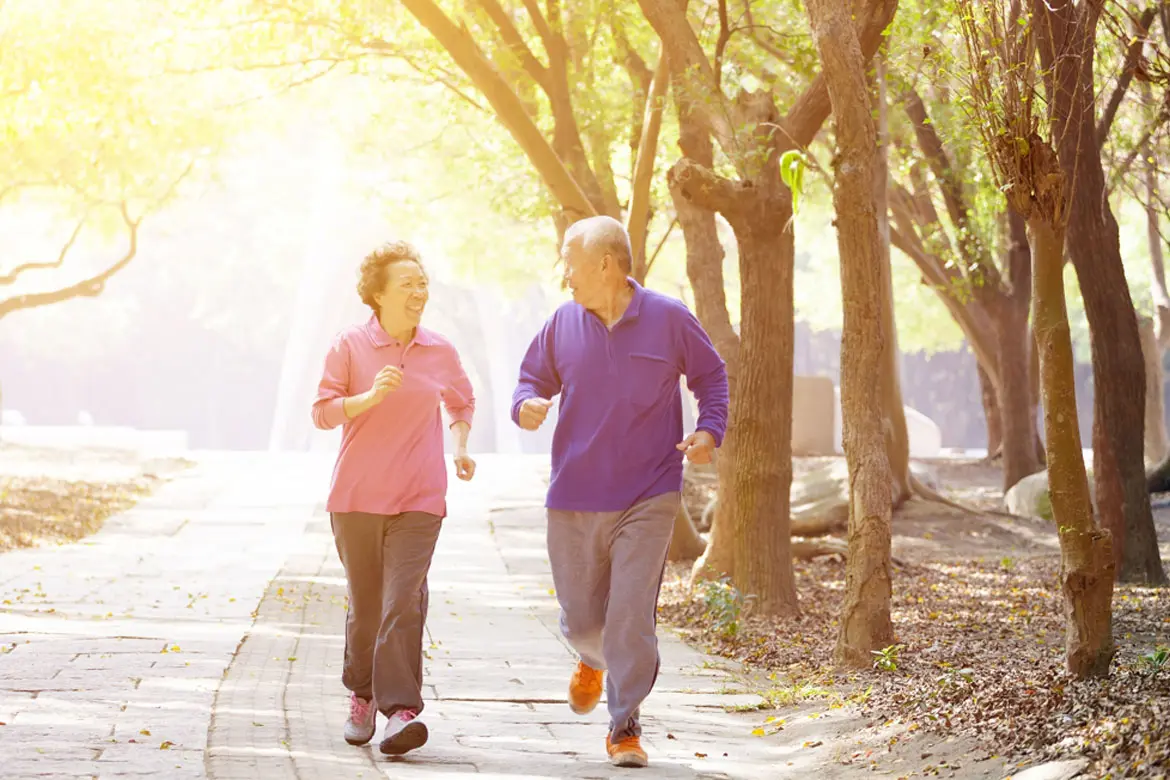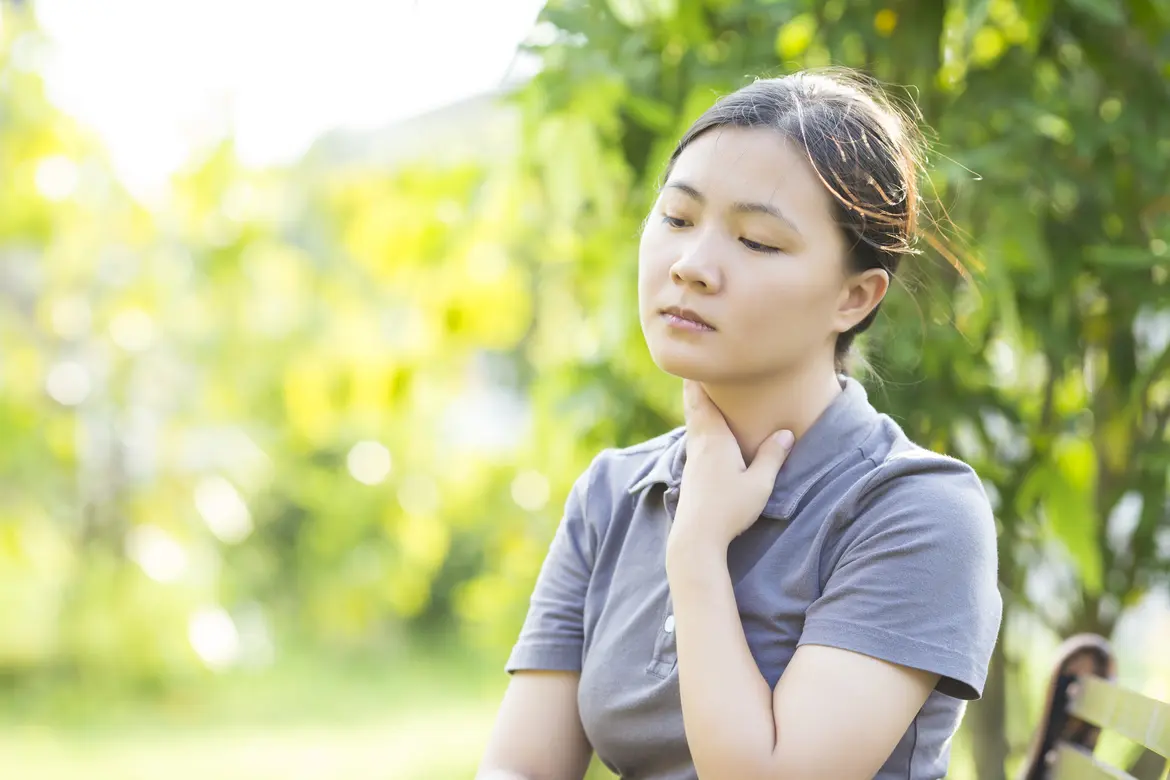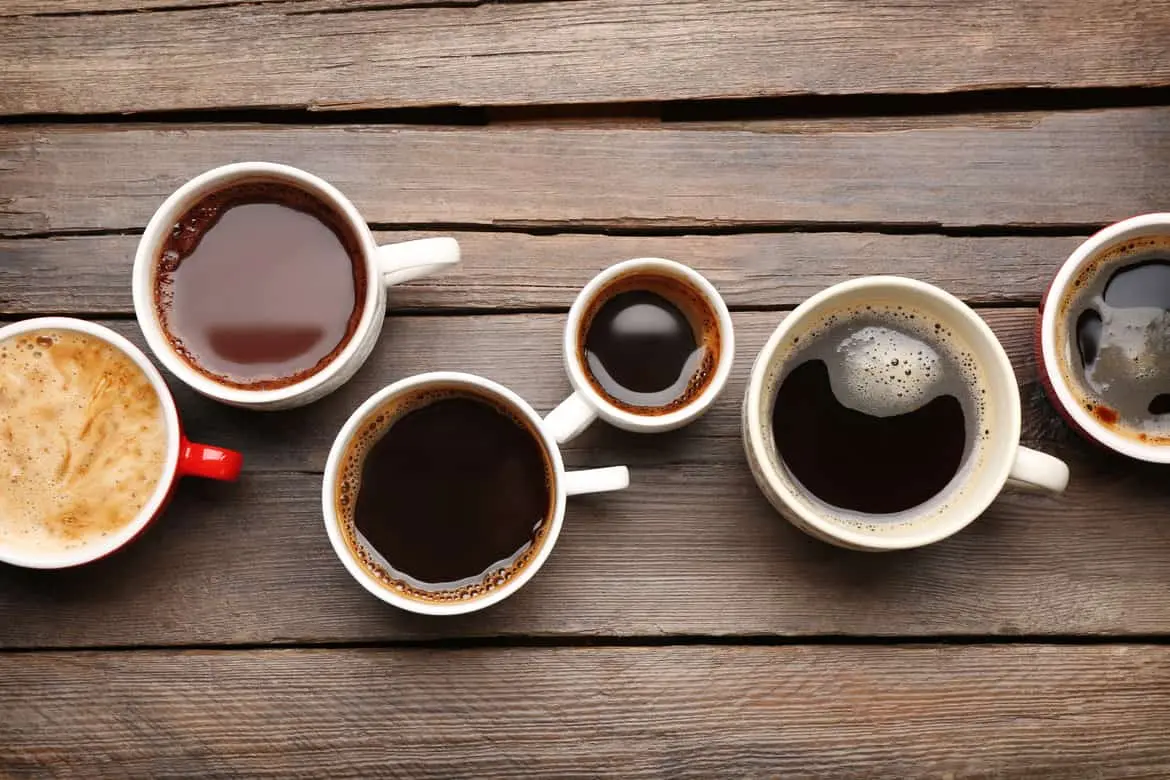What is a stroke?
A stroke occurs when blood supply to the brain is interrupted either due to a blockage (ischaemic stroke) or a rupture to the blood vessels (haemorrhagic stroke). When you have a stroke, the side of your body opposite to the affected side of the brain, may become weak and numb. The size and location of the damage will affect the rate and extent of recovery of the stroke survivor.
Recovery from a stroke
Treatment of stroke depends on the type and location of the clot, obstruction or bleeding that caused it. A stroke is an emergency and your doctor will administer the most appropriate treatment option, one of which is anti-clotting medication, as soon as they determine what is the cause of the stroke, in order to minimise damage to your brain cells which can occur within minutes of a stroke attack.
Stroke rehabilitation
Stroke rehabilitation is important to recover the functional abilities that may have been lost after a stroke. Rehabilitation may commence as early as 24 – 48 hours after a stroke, or once you are deemed as medically stable by your doctor. Rehabilitation will include exercises as well as functional mobility training such as walking, and performing activities of daily living or swallowing therapy.
Where does stroke rehabilitation take place?
- Hospital. Stroke rehabilitation therapy typically begins in the hospital once the condition has stabilised, often within 48 hours after the stroke. The first steps often involve promoting assisted movement to help with range of motion and circulation. A therapist will assist with range of motion exercises to strengthen and increase mobility in stroke-impaired limbs. The patient will also be assisted to regain their ability to stand, walk and carry out basic activities, such as bathing, eating and more.
- Inpatient rehabilitation ward. This ward may be a unit on its own or part of larger hospital complexes. Here, intensive rehabilitation programs are provided, which may include at least 3 hours of active therapy a day, over 5 or 6 days a week.
- Outpatient facility. These units provide rehabilitation care to patient post discharge from hospital. These facilities have multidisciplinary team of therapists providing comprehensive care for patients recovering from stroke. Rehabilitation therapy may involve spending several hours, often 3 days each week for coordinated therapy sessions and returning home post sessions.
- Home-based rehabilitation programs. These programs are suitable for those who prefer to recover in the comfort of their own home. They allow for flexibility in allowing a stroke patient and therapist to tailor a program specific to the person's needs. They also allow for the person to practice skills and develop strategies in the context of their own living environment. However, a downside to this program is that patients may not have the access to specialised equipment found at typical rehabilitation facilities.
Physiotherapy
Post-stroke physiotherapy will focus on regaining range of motions, physical strength, balance, coordination and movement abilities that were affected by the stroke. The physiotherapist will work closely with you on a mutually set functional goals and work towards regaining as much of the lost functions as possible. Post-stroke physiotherapy will typically include the following:
- Range of motion and strengthening exercises
- Static and dynamic balance training
- Gait re-training with appropriate walking aids and/or specialised equipment such as gravity assisted treadmill walking and robotics
Occupational therapy
- To equip patient and/or caregivers with the skills for safe transfers and home exercises to ensure a smooth transition from hospital to home.
- To help patient reintegrate into society. An occupational therapist will work with you to master day-to-day tasks like bathing, dressing yourself or preparing food. The occupational therapist will also advise you on home modifications, such as grabbing bars and wheelchair ramps, to cater to your new functional status.
Speech therapy
- A speech therapist will work with you on improving your eating, drinking and swallowing functions - you may experience some level of swallowing difficulty, especially at the initial stage of the stroke. If left untreated, it can lead to poor nutrition and hydration, choking and aspiration pneumonia which can be life-threatening. A speech therapist can assess and provide support to ensure that your mealtimes are safe and enjoyable.
- If the stroke happens in an area of the brain that controls speech or communication, you may end up with aphasia, which is an acquired communication disorder. This may affect your ability to understand what others are saying, express your needs and thoughts, read , write or even comprehend simple gestures. Your socio-emotional wellbeing and quality of life might be severely impacted. A speech therapist plays a vital role in supporting you and your families to improve functional communication. This can be achieved through intensive therapy, tele-rehabilitation or home programmes. Depending on the severity of the communication impairment, the speech therapist may also advise on communication aids or train the communication partner.
The importance of stroke rehabilitation
Stroke survivors are always treated with the long-term goal of regaining as much control over their bodies as possible and returning to the highest possible level of independence in their lives. Stroke rehabilitation is an essential part of rewiring neural pathways and connections in your brain to achieve this goal. There is still an element of unpredictability with every stroke case, but often with the right rehabilitation in place, patients can make remarkable recoveries.
How long does it take to recover from a stroke?
For every 100,000 Singaporeans, 165 are affected by stroke. Stroke is serious but often preventable, so it's important to stay in good health and keep an eye on the warning signs. If you do suffer from a stroke, rehabilitation is necessary to give you the best chance of recovery.
Your recovery from stroke can be impacted by:
- How quickly rehabilitation is started
- The extent of the damage to the brain caused by the stroke
- Your age and overall health
- Your motivation and commitment to rehabilitation
The rehabilitation process for a stroke usually takes around 3 – 6 months depending on the severity of the stroke. Some patients will need care for much longer or for life. Though many stroke survivors need to make significant adjustments to their lives, rehabilitation should be ongoing. You can continue to undergo rehabilitation at home or as an outpatient, and many patients report seeing continued improvements in the years that follow.
Factors that affect stroke recovery
The severity of stroke complications and each person's ability to recover vary widely. Focused stroke rehabilitation programs are therefore helpful in helping people to recover better.
In general, the success of a stroke rehabilitation program depends on:
- Physical factors, such as the severity of the stroke in terms of both cognitive and physical effects
- Emotional factors, such as motivation and mood, and ability to stick with rehabilitation activities outside of therapy sessions
- Social factors, such as support of friends and family
- Therapeutic factors, including how soon rehabilitation is started and the skill of the rehabilitation team
Maintenance therapy
It is important to follow the guidelines set by your doctor and rehabilitation team post-stroke. Supplementing your rehabilitation programme with home exercises and continuing to work on your recovery after the programme ends are likely to increase your chance of regaining your abilities.
Speak to your doctor or physiotherapist about:
- Physiotherapy and exercises for balance, coordination and strength
- Speech, language, and/or cognitive training exercises
- Swallowing issues
- Recreational activities such as swimming
- Practicing day-to-day tasks
Preventing a stroke
Strokes are more common in those with underlying conditions such as high blood pressure, high cholesterol and diabetes. Get regular exercise, eat a healthy diet, and maintain a good level of overall health to prevent the occurrence of a stroke.
Watch out for these symptoms:
- Loss of vision
- Weakness or numbness on one side of the body
- Loss of coordination, balance, speech, or understanding
- Dizziness or falling
- Loss of consciousness
If you or a family member exhibits any of these symptoms, go to the nearest Urgent Care Centre (UCC) immediately. Remember, the faster a stroke is treated, the less chance there is of permanent damage.
